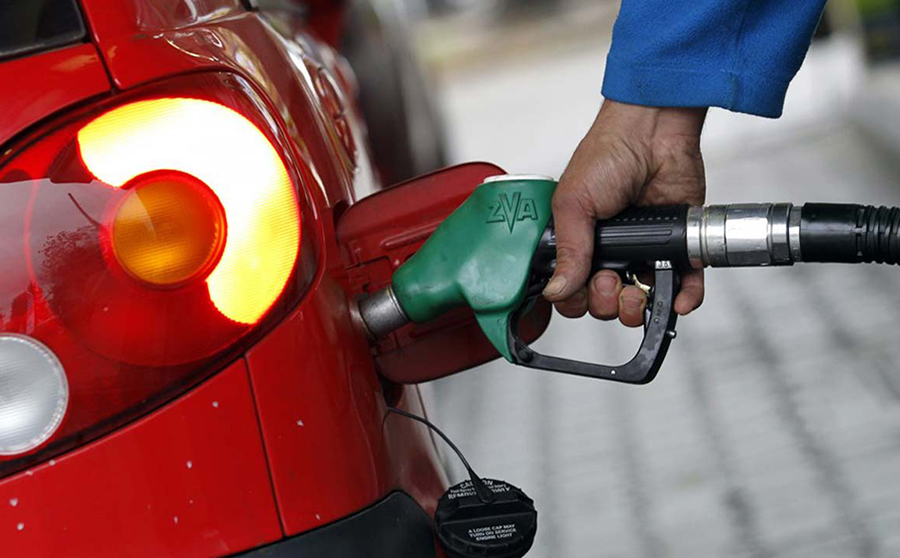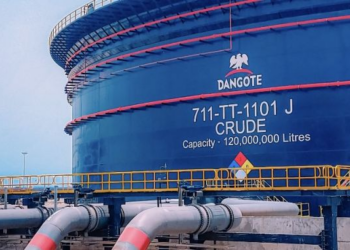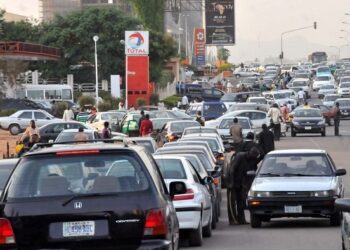It is no longer sustainable for the marketers of the Premium Motor Spirit (PMS), popularly known as petrol, to sell at N165 per litre anywhere in Nigeria. This is because they now buy the product for about N170/litre in some private depots.
This was disclosed by the National President, Natural Oil and Gas Suppliers Association, Bennett Korie, via a statement issued.
Also, the Deputy National President, Independent Petroleum Marketers Association of Nigeria, Zarma Mustapha admitted that the current pump price is no longer sustainable and that the stakeholders have made this known to the Federal Government.
What they are saying
Korie said, “Nigerians would have to adjust to the current reality, as it was no more feasible to dispense petrol at the approved rate of N165/litre in filling stations after purchasing the product for about N170/litre in some private depots.
“So, everybody is suffering and the only way out is for Nigerians to take or accept a little increase in petrol price. This will also ensure that the foreign exchange spent on petrol subsidy is reduced for us to have forex for diesel imports too.
“If not our construction companies, industries, hotels, etc, will all come to a standstill because they will not be able to buy diesel. You use diesel to get fuel to fillings stations, you use it to run the generators of various businesses in Nigeria because there is no light across the country. So, this is the only way out.
“You can’t buy petrol at a high price and sell this low. Crude oil is about $130/barrel, the cost of fuel, if you hear it, you will run away; but you are selling at N165/litre. So definitely you don’t expect money to remain for government to run other activities when it spends heavily on subsidy.”
Adding to the matter, Mustapha said, “Current pump price is no longer sustainable and we have made this know to the government. However, we must acknowledge the efforts of the Nigerian National Petroleum Company Limited in ensuring product availability.”
In case you missed it
- Fuel scarcity returned to some parts of the country as long queues resurfaced in many filling stations that have fuel while many others were shut for lack of the product.
- IPMAN had explained that the decision of some of its members to shut down their operations was because they no longer want to operate at a loss as well as not want to operate under hostile conditions.
- Nairametris had reported that an estimated 15.64 million litres of petrol are smuggled out of Nigerian daily. Nigerian petroleum products retail on average 3.7 times cheaper than those of its neighbours, which has given smugglers unfair possibilities for arbitrage.
- This has led to the smuggling of an estimated 15.64 million gallons of petroleum products out of Nigeria in August 2021. This was disclosed by Chapel Hill Denham in a document titled “Dangote Refinery can provide the needed breather for Nigeria’s public finances”
- The withdrawal of subsidies, according to the research, could accelerate an already pressured inflationary trend, but a stronger fiscal position’s positive spillover could lessen the impact on disadvantaged Nigerians.






















